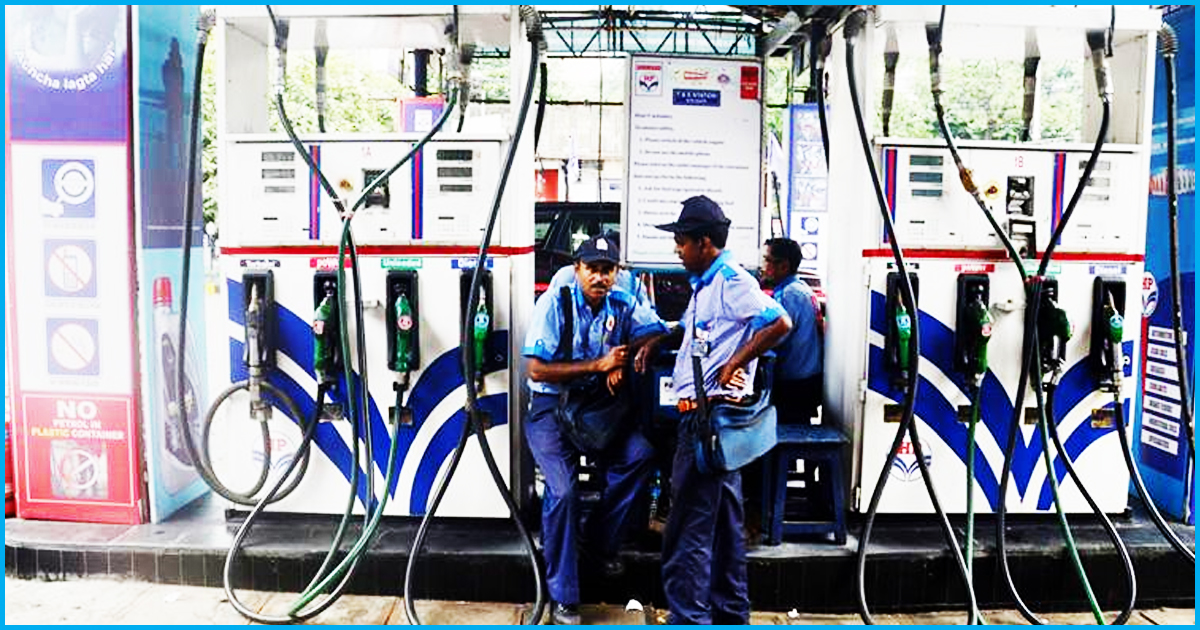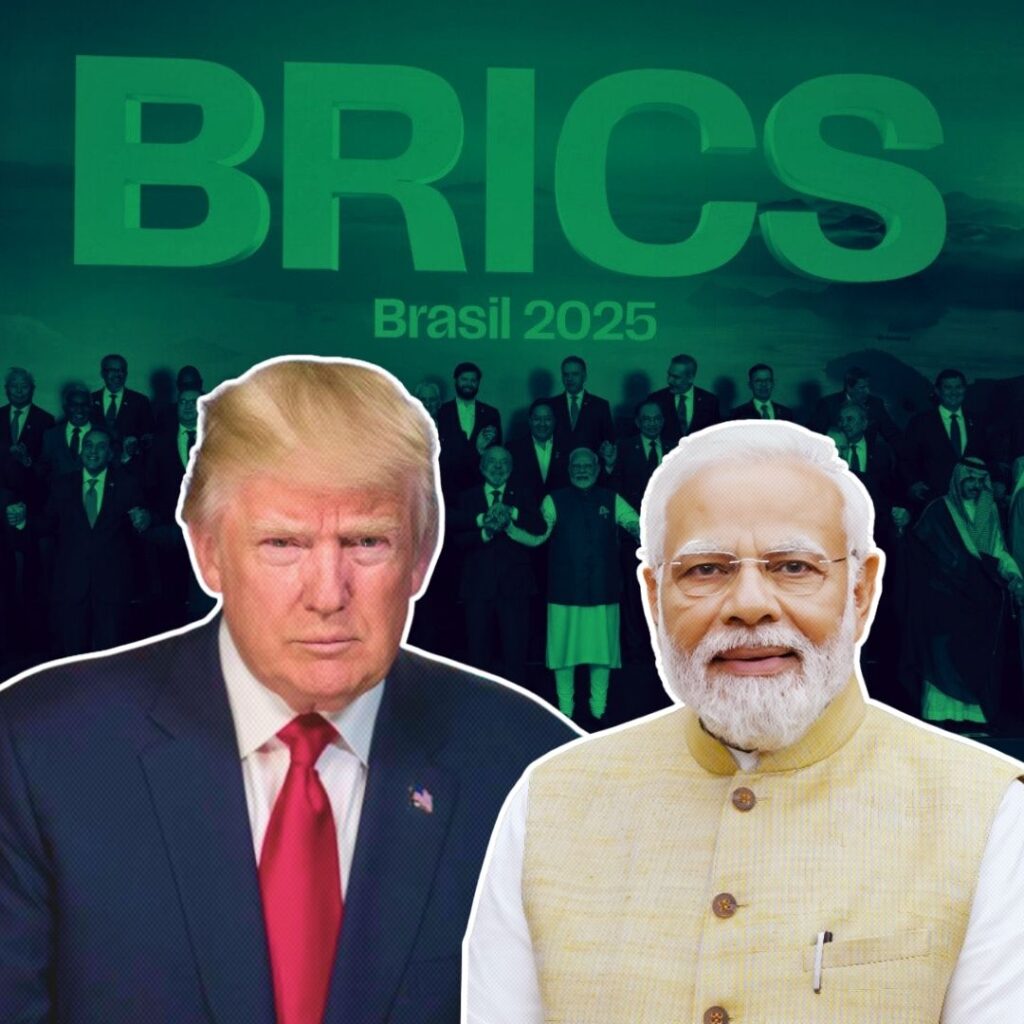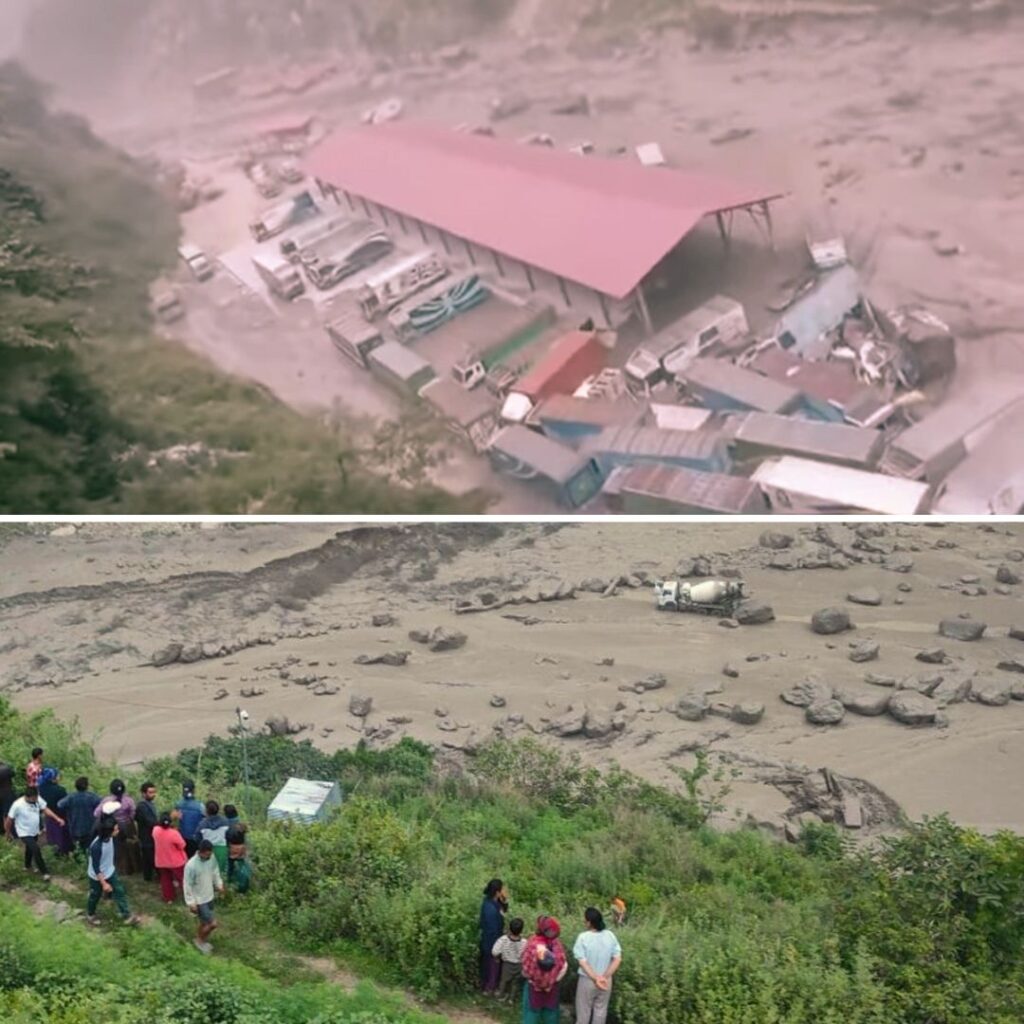Just two days after the government slashed the soaring fuel prices, petrol and diesel prices are on the boil again. Petrol price in Delhi is Rs 82.26 whereas, in Mumbai, prices have soared to Rs 87.73. The price of diesel has also seen a hike of 0.31 paise.
Central Government slashes fuel prices
Since mid-August petrol prices have risen by Rs 6.86 a litre while diesel prices have gone up by Rs 6.73. Petrol prices had hit an all-time high of Rs 84 per litre in Delhi after which the central government had to intervene. The Modi-government on Thursday, October 4 announced that Rs 2.5 will be slashed from fuel prices. It also asked the states to announce fuel cuts on similar lines. Reportedly, 10 state governments followed suit and cut Rs 2.5 VAT (Value Added Tax) on petrol and diesel, thereby passing a total relief of Rs 5 per litre.
Reportedly, the central government would bear a loss of around Rs 10,500 crore due to the excise duty cut. While the government said that it would cut Rs 1.50 on excise duty, it asked the oil marketing companies (OMCs) to absorb a deduction of Re 1 per litre on both the petroleum products. Finance Minister Arun Jaitley had then said that the rising fuel prices are due to Brent crude oil prices touching a four-year high of $86 a barrel on October 3. Jaitley insisted that telling oil companies to reduce prices by Re 1 didn’t imply going back on deregulation of prices- a practice where the government decides on fuel prices.
With non-BJP ruled states refusing to cut fuel prices, Jaitley on October 6 questioned Rahul Gandhi and his allies whether they were only committed to tweets and television bytes when it came to giving relief to the common man, reported LiveMint.
Effect of fuel cut on the market
Reportedly, amid boiling global crude oil prices and the falling rupee against dollar, markets on October 4 crashed by more than 800 points. BSE Sensex closed at 35,169, while the broader NSE Nifty lost 259 points to close at 10,599. Both the indices lost more than 2% each. According to The Times Of India, analysts suggest that without any signs of rupee or prices of crude oil stabilizing, the weakness would continue. A day after the government’s announcement, the stock market, led by the oil companies fell sharply. State-run oil marketing companies like Indian Oil, Bharat Petroleum and Hindustan Petroleum, finished the day with losses between 16% and 25%.
Along with the rising crude oil prices, the falling rupee has also put pressure on Indian oil companies which are importing oil. Presently, India imports 80% of its fuel needs.
How is fuel taxed?
Close to half of the fuel prices that we pay is made up of taxes. While the central government levies the excise duty, sales tax or VAT is levied by the states which vary. Presently, centre levies a total of Rs 19.48 per litre of excise duty on petrol and Rs 15.33 per litre on diesel. The VAT levied by Andaman and Nicobar is the lowest at 6%. Additionally, prices in Delhi are the cheapest among all metros mainly due to lower VAT rates, and Mumbai has the highest VAT on petrol at 39.12%.
Reportedly, the central government, in nine instalments between November 2014 and January 2016 had increased excise duty on petrol by Rs 11.77 a litre and that on diesel by Rs 13.47 a litre to support finances when the global oil prices fell. However, ever since then, the central government has cut excise duty by Rs 2 per litre in October last year. After this, the centre’s excise duty collection on petroleum products has doubled over the last four years.
With the USA’s sanctions on Iran, India’s second-biggest oil exporting country, ready to kick in from November 1, petroleum prices may continue to soar as international markets fall under pressure.
Also Read: Have UPA-Era Oil Bonds Prevented Modi Govt From Reducing Oil Prices?











